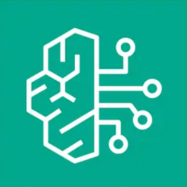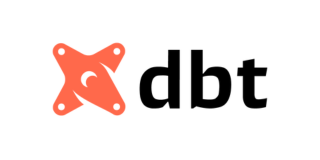DBT, acronym for Data Build Tool, is an increasingly used tool in the Data Engineering panorama. Designed to simplify and automate the process of transforming data in a data warehouse, DBT offers an efficient and effective solution for managing the flow of data within an organization.
With its SQL code-based approach, DBT allows analysts and data engineers to easily define the necessary transformations on raw data, ensuring consistency, reproducibility and maintainability of the process according to the Data as Code principle. The use of the SQL language, in addition, it allows developers to minimize adoption time by being able to leverage existing knowledge to write data pipelines with agility.
DBT stands out for its flexibility in integrating with a wide range of data warehouse technologies and systems and operating according to ELT approach, making it a popular choice for companies looking to optimize data management and accelerate pipeline development time of analysis. In detail, DBT can be traced back to the letter T in ELT, therefore focusing on the Data Processing component and ensuring decoupling from the technological solution chosen to move the data into the target system.






























